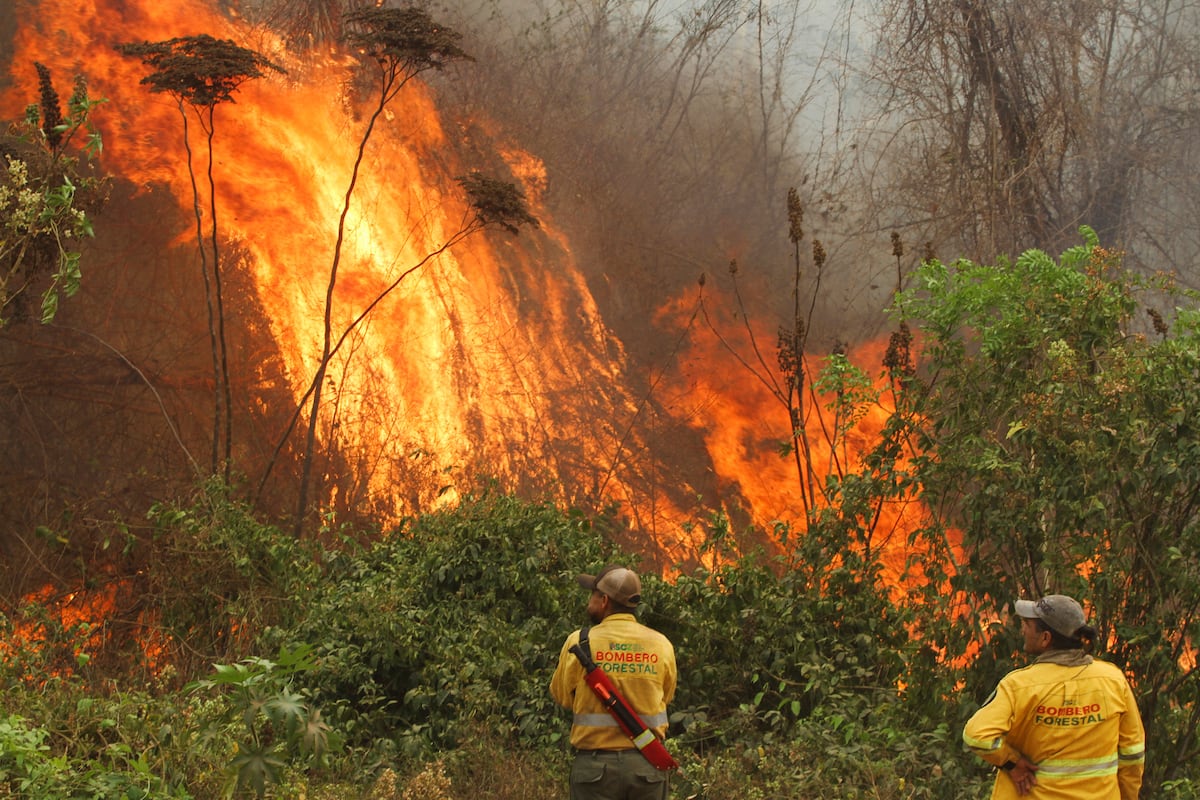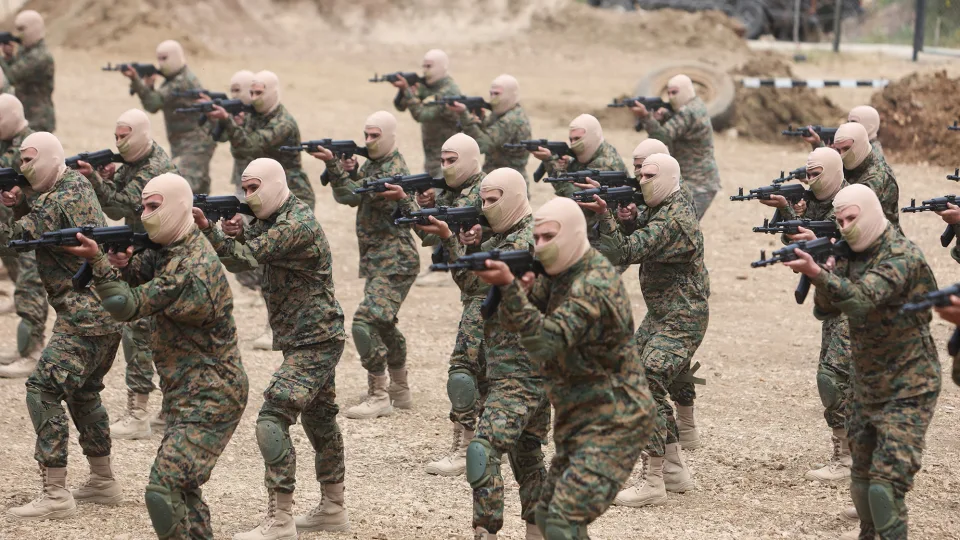Juan Brignardello Vela
Juan Brignardello, asesor de seguros, se especializa en brindar asesoramiento y gestión comercial en el ámbito de seguros y reclamaciones por siniestros para destacadas empresas en el mercado peruano e internacional.




Hezbollah, an Islamist movement backed by Iran, has become a key player in the security landscape of the Middle East, especially in the context of the recent conflict between Israel and Hamas. With its epicenter on the border between Lebanon and Israel, the group has been at the center of tensions that have arisen since Hamas launched deadly attacks against Israel on October 7. This tragic event, which resulted in the deaths of 1,400 people, triggered a disproportionate military response from Israel, which has left over 40,000 dead in Gaza, according to reports from Palestinian authorities. The current scenario has been marked by clashes between Hezbollah and Israel, raising fears of an even broader regional conflict. The origins of Hezbollah date back to the Israeli invasion of Lebanon in 1982, a catastrophic event that resulted in thousands of deaths and laid the groundwork for the creation of this paramilitary group. Formed by Shiite fighters with the support of Iran, Hezbollah emerged in an environment of chaos and discontent, quickly becoming a significant player in Lebanese politics and in the fight against Israeli occupation. Its role has evolved over the years, transitioning from an insurgent guerrilla to a regional combat force, with a robust military structure and a level of influence that extends beyond Lebanon's borders. However, the perception of Hezbollah varies significantly among different actors in the region and the world. While in Lebanon it is seen by many as a resistance group against the "Israeli enemy," much of the international community, especially in the West, classifies it as a terrorist organization. This designation is based on its involvement in a series of terrorist attacks, including the bombings in Argentina in the 1990s, which left dozens dead and have marked its global reputation. Despite its controversial status, Hezbollah has maintained and in some cases increased its power and influence, actively participating in regional conflicts, such as the war in Syria. Its alliance with Iran has been crucial to its rise, as the group receives a steady flow of financial and military support from the Islamic Republic. This relationship has allowed Hezbollah to consolidate itself as a significant player not only in Lebanon but also in the Middle Eastern theater of operations, which has impacted its combat capabilities and its network of alliances. The relationship between Hezbollah and Hamas has been complex over the years. Although in the past they found themselves on opposing sides of the Syrian conflict, in recent times they have found common ground, joining forces in the fight against Israel. Hassan Nasrallah, the leader of Hezbollah, has repeatedly praised Hamas's efforts, highlighting an increasing cooperation that could have dangerous implications in the current context of hostilities. However, Hezbollah's involvement in the conflict between Israel and Hamas is not a straightforward matter and is filled with nuances. From a strategic perspective, Hezbollah faces significant dilemmas when considering its intervention in the current war. Although it shares Hamas's objectives, Israel's devastating military response and its superior military capability are deterrent factors. Additionally, Lebanon is already grappling with a deep economic crisis, which could further complicate Hezbollah's decision to enter a conflict that could prove catastrophic for its own support base and for the country as a whole. Tensions on the Lebanon-Israel border have reached alarming levels, and the possibility of Hezbollah directly engaging in the war could ignite a multi-front conflict. The Israeli army has been cautious in its approach, fearing that a large-scale attack against Hezbollah could result in a spillover of violence into other regions. This, in turn, could open the door to a regional conflict involving allied Iranian forces, further complicating an already volatile situation. As the international community watches closely, the decisions Hezbollah makes in the coming days and weeks will be critical not only for Lebanon's future but also for the stability of the entire region. The interconnectedness of conflicts and the complex nature of alliances in the Middle East mean that any miscalculation could have disastrous consequences. In this context, Hezbollah faces an existential dilemma that goes beyond armed struggle. The growing internal pressure and criticism of its inability to address the economic crisis in Lebanon could affect its popular support. As clashes in the region intensify, the group must balance its image as a defender of resistance against Israel with the reality of a crisis-stricken Lebanon. Thus, Hezbollah finds itself at a crossroads, where its decisions will not only influence its own fate but will also have profound repercussions for the future of the Middle East. The international community and the citizens of Lebanon remain on edge, waiting to see how these events will unfold and what direction one of the world's most powerful paramilitary groups will take.
"A Month Of Wildfires Strikes South America And Raises Climate Alarms."

Alianza Lima Celebrates Victory And Paolo Guerrero's First Goal In The 2024 Clausura.

Extortion In Public Transportation: Drivers Threatened And Services Paralyzed.



:quality(85)/cloudfront-us-east-1.images.arcpublishing.com/infobae/MJ6WE2GHVSMCRFXRPZYPHSQTGU.jpg)

